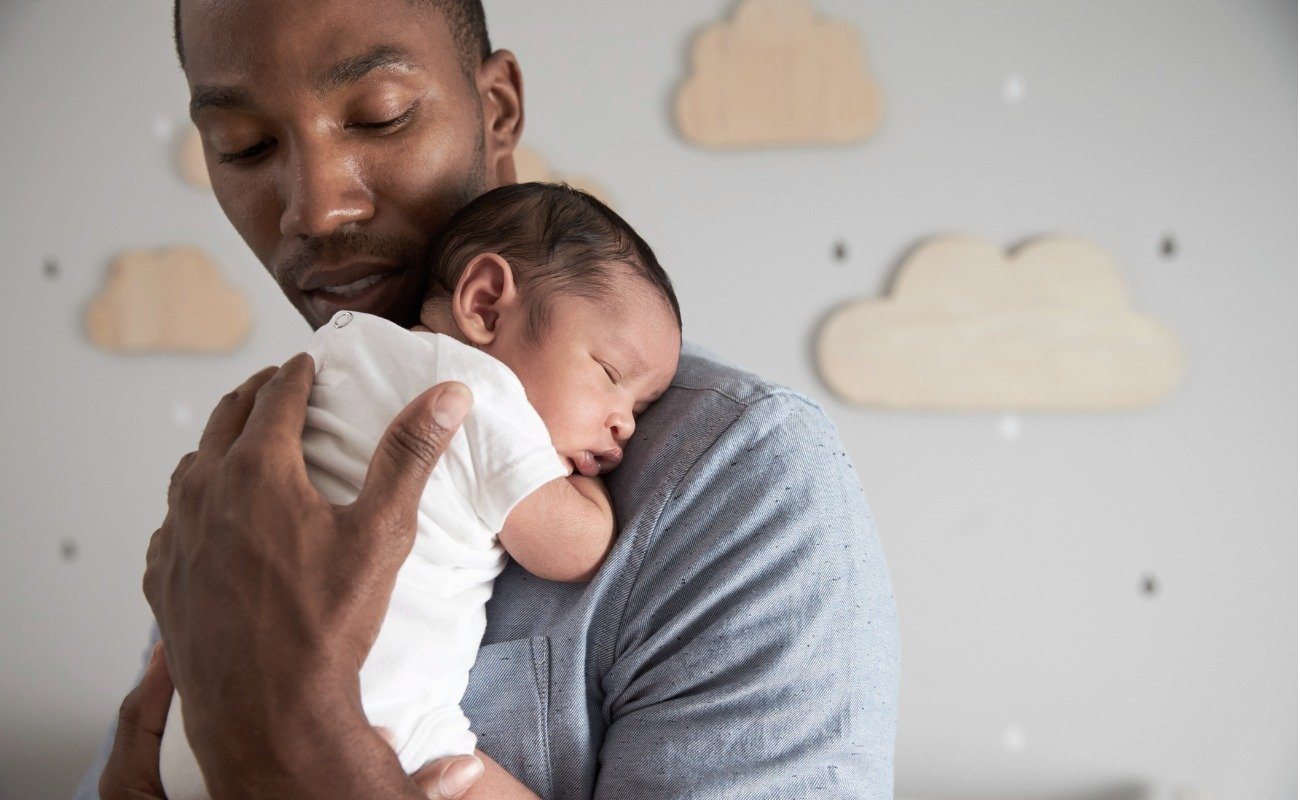The importance of baby sleep routine

First, no two babies are the same and the same goes for their sleeping habits and routine. Some babies can be put down while drowsy and fall asleep with ease. Other babies need your constant help. They need to be rocked and nursed to sleep in every way possible. One thing they have in common though, and that is, most babies need to be comforted to sleep, not just put to sleep.
We adults have learned to fall asleep. We usually go directly into the state of deep sleep, while infants and babies don’t follow the same pattern. They enter sleep through periods of light sleep and they need time to reach the state of deep sleep, in order to sleep hours at a time. Once they enter it, they aren’t so easily aroused.
To put this into perspective, if your baby falls asleep in your arms and you want to put her in her crib shortly thereafter, she will wake up and you’ll need to put her to sleep again. This is because your baby needs time to enter the state of deep sleep. Some babies only need few minutes to enter deep sleep while others need as much as half an hour.
By learning to recognise your baby’s sleep routine and her sleep stages you can help her sleep better and longer and avoid sleep problems. If you wait until she has entered the state of deep sleep before moving her to the crib or her own bed, she won’t wake up so easily and you’ll even get some long-needed time off. So, there won’t even be any need for you and your partner to communicate through texting after the baby falls asleep, even though you sit 3 feet from each other in a darkened room, praying that no one will call… (Don’t worry, we’ve all been there.)
HOW TO PUT BABY BACK TO SLEEP
If you stand next to your sleeping baby and watch her sleep, you might notice that about an hour or so after she falls asleep, she begins to squirm, move about and her eyelids flutter. She is re-entering the state of light sleep. This is a vulnerable period, for she can easily awaken if anything discomforts her, e.g. if she’s hungry.
If she does not wake up she will drift through the light sleep and re-enter the state of deep sleep. As she enters light sleep, if you lay a comforting hand on her, sing a soothing lullaby or have any other tried and tested sleep aid like the Lulla Doll, you can help her get through this period without waking up, helping her to get hours of sleep.
Some babies need more help getting back to sleep than others. Some babies can go through the light sleep period without completely waking up. Others wake up but can ease themselves back into deep sleep. Yet others need help, they need to hear your voice, feel your touch or the warmth of your body. These differences in sleep cycle don´t mean anything else than your baby is unique, just like every other baby, and there’s no need to worry.
Recognize your baby's needs
By recognizing your baby’s needs, you can make the transition from light sleep to deep sleep smoother. It takes time to learn what your baby’s sleep schedule is. Just remember that it differs from yours. Adults don’t take as much time to fall asleep as babies, and babies have more frequent vulnerable periods of light sleeps, i.e. they have twice as active, or lighter, sleep as adults.
This is vital information, for often we are so tired from daylong baby care and it seems almost unfair that she wakes up just as you’re about to fall asleep. If you learn your baby’s sleep schedule you can not only help her fall asleep again but also capitalise on it and make sure that you also get much needed rest and some time for yourself.
HOW TO HELP BABY SLEEP THROUGH THE NIGHT
In the first three months babies rarely sleep through the night. They seldom sleep longer than in four-hour periods without needing feeding. The reason is simple, small babies have small tummies and hunger is the main reason they wake up in the middle of the night. Still, babies at this age usually sleep a total of 14-18 hours a day.
From three to six months, most babies begin to settle and wake longer each day. For many babies this also means that they start sleeping longer at nights, up to five-hour periods. They still wake up at nights but their deep sleep lengthens and the vulnerable periods decrease. This is called sleep maturity.
Bedtime routine is important
A study of 405 mothers with infants between 7 months and 36 months old showed the importance of bedtime routine. Babies that follow such routine sleep easier, better and cry out in the night less often. Mixing your baby’s bedtime routine with some activities can be critical in helping your baby sleeping through the night. Some parents start as early as when the baby 6-8 weeks old to introduce bedtime routines to their baby.
In this study there were a few things common in the successful bedtime routine, e.g. reading before bedtime, keeping activities the same and in the same order and make the nighttime conditions in your baby’s bedroom consistent. Staying true to the routine is paramount and will not only help your baby sleep better and longer but also make your life easier and you’ll even enjoy parenting more.
Develop a baby sleep routine
Developing a baby sleep routine can be really helpful for your baby. Take the time to read for your baby, bath her before bedtime and go through the same routine over and over. By being consistent you help your baby learn how to sleep and sleep hours at night.
Also in Blog

Ujjayi Breathing and Grounding with Kids
Eva Dögg, yoga instructor, tells us about Ujjayi breath in this blog and teaches us the Ujjayi breath (ocean breath) Lulla doll plays. The blog also includes a longer session with grounding, breathing and meditation that kids can participate in.
